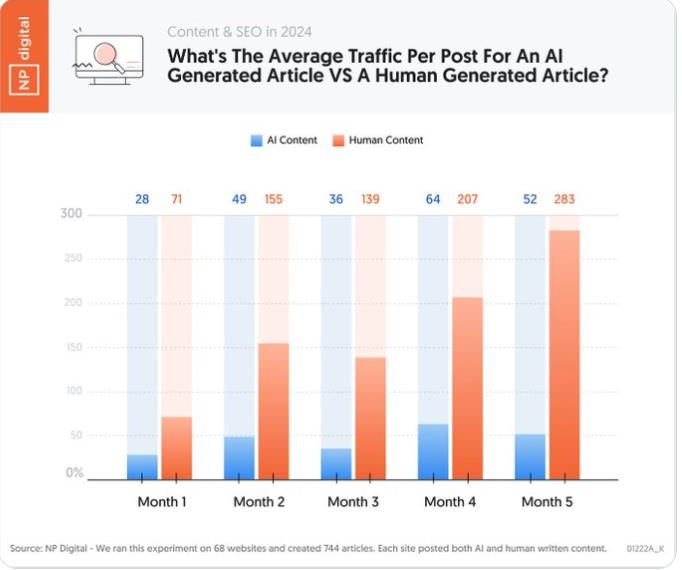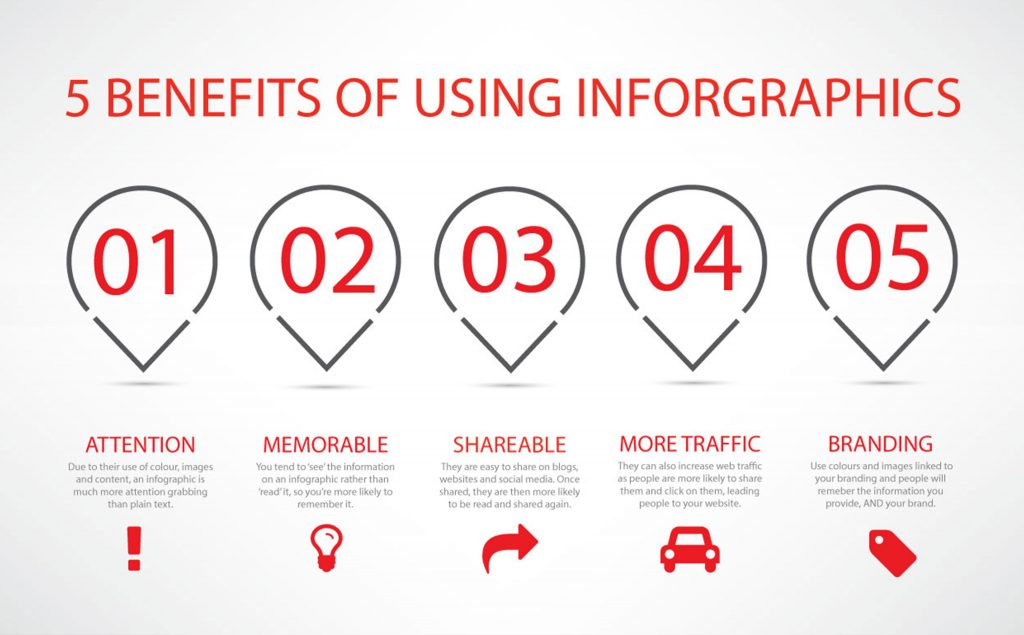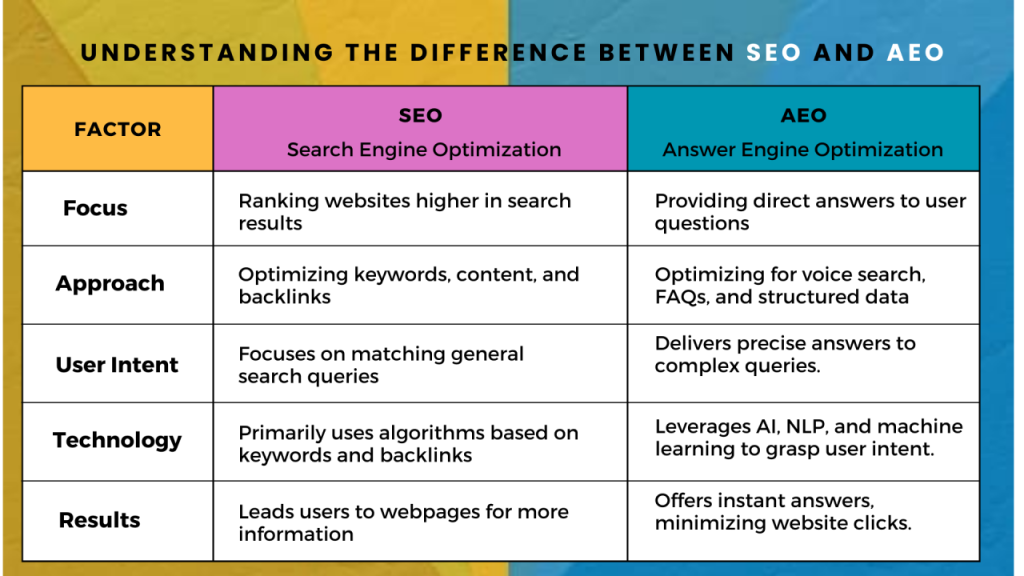Blogging has come a long way since the early 2000s. For most of us, it began as a personal online journal where we used to write about ourselves, our hobbies, and other personal stuff.
However, now, blogging has transformed into a strategic tool for businesses, influencers, and professionals alike. And, thanks to AI, evolving algorithms, and new technologies – it has also become easier for us to use digital content in any way we can.
But what does the future of blogging really look like? Let’s learn more about it.
Trend 1: The Rise Of AI And Human-Led Narratives
There was a time when you had to ideate the topic you wanted to write on, check on Google Trends if it’s trending or not, and then start manually writing about the same. However, the introduction of AI has changed the scenario a little.
With ChatGPT, now, you can write more content per day and publish it accordingly. The tool can also help you to create the topic, the structure, and help you with keyword research too.
Nonetheless, it doesn’t mean human writers are becoming irrelevant due to the excessive usage of AI. It’s quite the opposite. While AI can mass produce content for your blog, it usually writes generic stuff. So, if you want to keep user intent in mind, you have to edit the blog again.

Source: Neil Patel
Also, AI’s efficiency in putting in authentic data is quite dubious. So, it’s important for the writer to search everything thoroughly and improve the authenticity of their article.
Trend – 2: Adapting To New Blogging Trends
Visual content has always been extremely popular among every consumer base. And considering how barren reading a massive content may sound, the dominance of video content is becoming even more positive. So, if you are trying to sell a new product, it might better to share a video on it and how it works would be a better option instead of writing a blog on it.
However, if you still want to stick to blog writing, we’d suggest you incorporate as many infographics as you can. These can break down large chunks of text and make it more enjoyable to read. And it will also be easier for your readers to understand the blog content, as they can see visually what you are writing in so many words.

Source: Lera Blog
Note: If you are following the recent blogging trends, you probably have seen a sudden popularity of sharing hyper-niche content. These usually cater to a specific type of audience and help you match their search or user intent to get to them quickly.
Smarter Blogging Strategies For 2025 And Beyond
While posting content continuously on your website is important, only being consistent isn’t key. Apart from this, bloggers will also need to do the following –
- Target specific reader needs
- Build content clusters
- Focus on value and expertise
- Promote through multiple channels
Remember, the future of blogging is going to be shaped by not only strategies but storytelling as well. So, if you want your blog to get noticed, it’ll be important to find a middle ground and use both components constructively.
Evolving Blogging Platforms And Tools
There was a time when you had to opt only for WordPress to create your website and start blogging. However, the usual scenario has changed entirely in 2025. Now you have platforms like Medium, Ghost, Substack, and LinkedIn to create your own website.
Remember, each of these blogging platforms has its own audience and purpose. So, for example, if you are trying to build a brand, Substack can be a great option for you. However, if you want to create your own blog, Medium would be a brilliant alternative for you. Where you publish can be just as important as what you write.
SEO: Still A Game Changer
Google, along with other answer engines, keep on changing their algorithm from the ground up to offer the best possible results to search queries. So, while it may seem like SEO is not going to be the best step going forward, it’s not true.

SEO and AEO – The Differences (Source: LinkedIn)
However, now, you have to not only optimize your content by following the traditional SEO standards, but also for answer engines. Here’s how you can do it –
1: By Understanding User Intent And Query Types
Instead of focusing on broad keywords, now, you have to try answering a specific question through your content. So, you can try using long-tail keywords in a question format and answer it in a short but conclusive manner. This would help your content rank in ‘People Also Ask’ or the ‘AI Overview’ section on Google.
2: By Optimizing Content
Instead of writing regular blog-like content, it’ll be better to turn it into a question-answer format. Try writing in a concise and direct tone and use schema markup (structured data), which’d make it easier for the Google bots to extract your answer.
3: Improving Visibility & Trust
Finally, you have to make sure that people are finding your website whenever they use a relevant search query. Here are some tips that can help you with it –
- Get more quality backlinks.
- Offer a positive user experience through your website.
- Increase the speed of your website and ensure a clean UI.
What The Future Of Content Marketing Means For Bloggers
Content is still king – but it’s wearing new clothes and looks different what it used to before. AI summaries, podcast snippets, video clips, and newsletters are all part of the content ecosystem now. That’s where the future of content marketing is heading.
If you’re serious about your future in blogging, you can’t ignore how blog posts fit into the bigger picture. They’re no longer isolated pieces. They’re part of a larger content funnel, and they need to work together.
Ethical And Authentic: The Real Long-Term Strategy
Readers are smart. They know when something’s been written just to rank. That’s why honesty, clarity, and experience are more important than ever. Even with AI, the voice behind the blog matters.
Bloggers who thrive will be the ones who aren’t just chasing trends but building trust. That’s the real foundation of the future of blogging in 2025 and beyond.
So, What’s The Verdict?
The Future of Blogging isn’t about writing more. It’s about writing smarter, more strategically, and more authentically. Whether you’re a seasoned blogger or just starting out, focusing on your readers, adapting to new formats, and using the right tools will keep your blog relevant and effective. Because in the end, it’s not just about the future. It’s about how well you’re prepared for it, right now.
